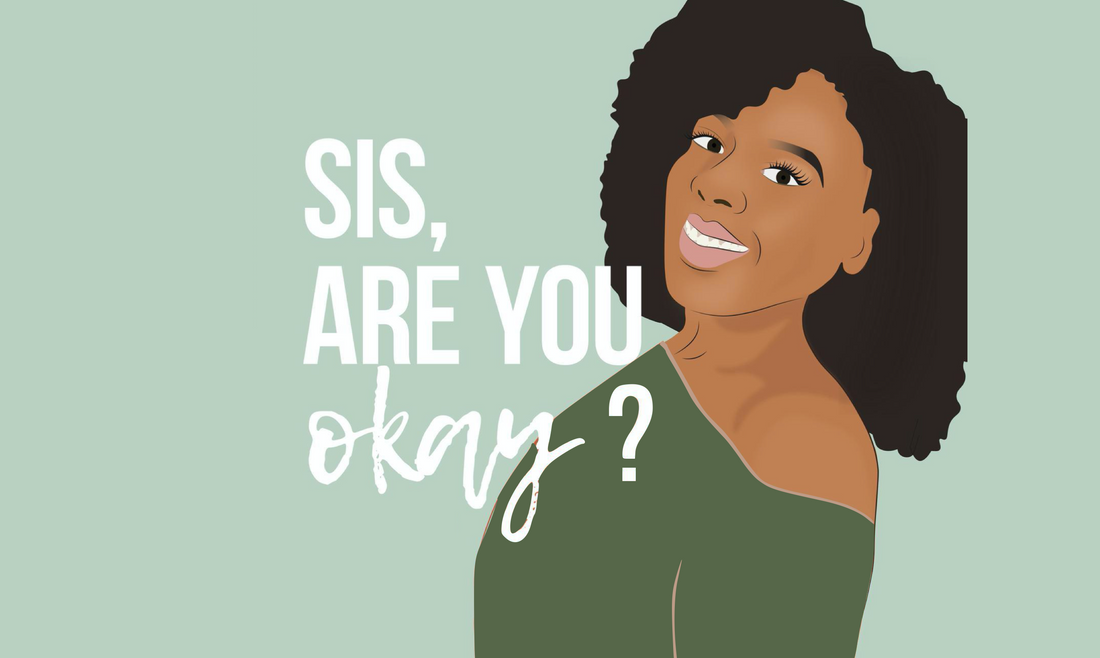
R U OK? (really)
Trigger warning: suicide
Asking someone if they are okay seems simple enough. We hear the phrase often, using it flippantly to greet people or to casually check in on our friends. But, as many of us are likely to know, asking someone if they are okay – really asking – and encouraging them to open up can be anything but simple.
R U OK? Day is a campaign that started in Australia in 2009 by Gavin Larkin, who tragically lost his Dad to suicide in 1995. Knowing how his Dad cut himself off from others in the lead up to taking his own life, Gavin Larkin created the R U OK? campaign in a bid to encourage others to reach out to those around them who may be struggling and to try to protect other families from experiencing the devastation that his family endured. Advocating for the idea that a conversation could save a life, the R U OK? campaign encourages us to check in with our loved ones and to learn to properly ask if somebody is okay.
What R U OK? Day particularly highlights is the recognition that having these conversations isn’t always easy. The website is filled with interactive videos, learning materials and practical steps to help people navigate how best to reach out to people they may be concerned about.
If you’d like to mark R U OK? Day but you’re not sure where to start, use these 5 ideas as inspiration.
1.Reach out and connect with friends and family. In our socially-distanced times, connecting can be difficult – which makes it even more important to make the effort. Host a virtual quiz, hold an online games night, give your friends an old-fashioned phone call… whatever connecting might look like to you, be sure to use the day as a reminder to spend quality time with your loved ones.
2. Use the R U OK? steps - Ask, Listen, Encourage Action and Check In – to check in with someone you are concerned about. If you’re not sure how best to do this, use the “Tips on How To Ask” on the R U OK? website.
3. Take the time to learn more about how to best support others. The “Signs of When To Ask” is a good place to start, as is the Mental Health Foundation site. Remember that, whilst it’s important to reach out to our loved ones and to support them when times are tough, some things might be too big for us alone to handle, so learning about the helplines and professional support available is also an important way to keep yourself and your loved ones safe.
4. Join the R U OK? Day webinar on Thursday 9th September, 12:30pm to 1:30pm AEST (that’s 2:30pm to 3:30pm NZ time) and subscribe to the site to access more resources.
5. Finally, use the day as a reminder that, actually, every day is R U OK? Day. Pop a monthly note in your diary to check in with your friends and family. Schedule a future catch-up with the people in your life that you might be concerned about. Make plans to do something positive for your own wellbeing to help ensure that you’ll be in the right headspace should a loved one need support. Whilst the campaign might run on September 9th, the importance of having meaningful conversations runs all year round.
If you are concerned about yourself or a loved one, Helpline services are available right now in New Zealand that offer support, information and help for you and your parents, family, whānau and friends.
National helplines
Need to talk? Free call or text 1737 any time for support from a trained counsellor.
Lifeline – 0800 543 354 (0800 LIFELINE) or free text 4357 (HELP).
Suicide Crisis Helpline – 0508 828 865 (0508 TAUTOKO).
Healthline – 0800 611 116
Samaritans – 0800 726 666
Depression-specific helplines
Depression Helpline – 0800 111 757 or free text 4202 (to talk to a trained counsellor about how you are feeling or to ask any questions).
Sexuality or gender identity helpline
OUTLine NZ – 0800 688 5463 (OUTLINE) provides confidential telephone support.
Helplines for children and young people
Youthline – 0800 376 633, free text 234 or email talk@youthline.co.nz or online chat.
thelowdown.co.nz – or email team@thelowdown.co.nz or free text 5626.
What's Up – 0800 942 8787 (for 5–18 year olds). Phone counselling is available Monday to Friday, 12noon–11pm and weekends, 3pm–11pm. Online chat is available from 3pm–10pm 7 days a week, including all public holidays.

